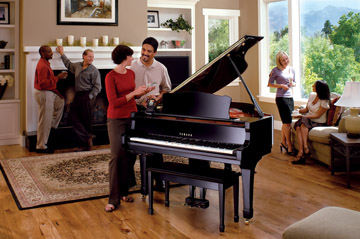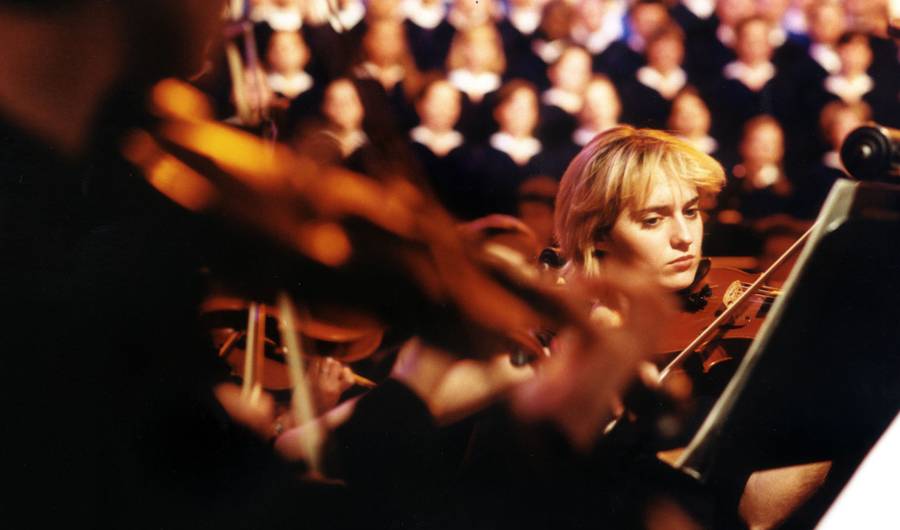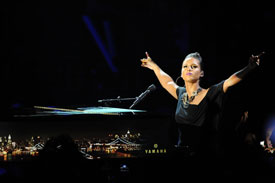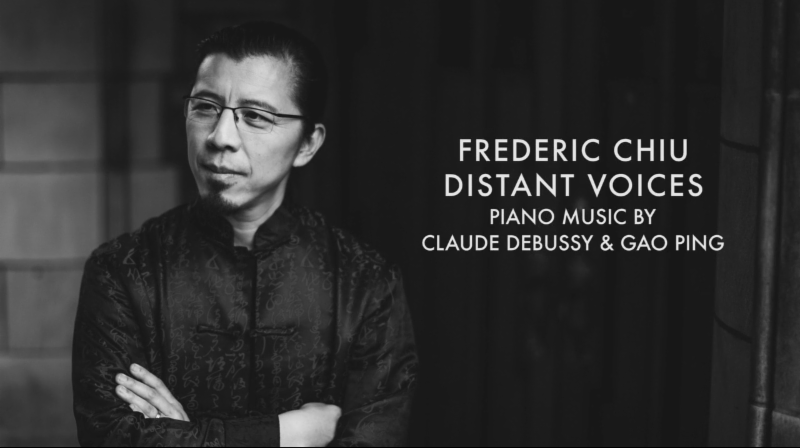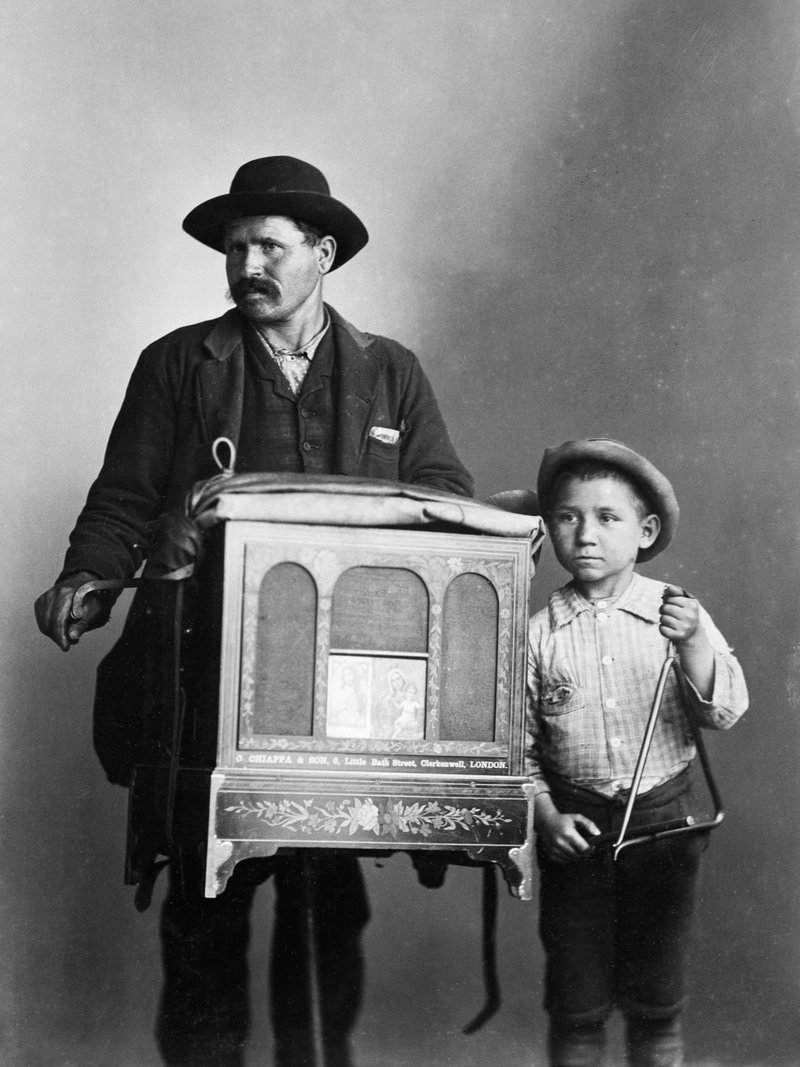
via NPR.com
Under the headline “Signs of Summer” in 1916, the New Castle, Del., Herald listed: lollipops, robins, bare feet and street pianos.
Yes, in the 19th and early 20th centuries, street pianos were everywhere. Their perky, plinky, preset music — playing the same songs over and over — filled the air in towns across America.
Often mounted on wheels or on a monopod, the wooden-cased street piano or barrel piano or barrel organ — the terms were sometimes used interchangeably — came in several sizes. Like a portable player piano, the street version was usually operated by a hand crank, and it played prefab popular tunes, such as polkas, quadrilles, waltzes and show songs.
“When the piano man arrives before your door there instantly gathers from the thin air a crowd of children, and when the music begins off they go, up and down the smooth pavement, dancing to the music,” a Washington bureau reporter of the Saint Paul, Minn., Globe wrote in the spring of 1892.
With its origins in Italy, the street piano’s salient feature — for better or worse — “was its loud tone to be heard above street sounds,” according to the 2004 book The Piano: An Encyclopedia. By tradition, many of the pianists, or organ grinders, as some of the players were known, were from Europe. Both men and women operated the instruments.
Some Americans hated the rinky-tinkiness and repetition of the street piano. “It is a dull crowd the organ grinder appeals to,” observed the Reading, Pa., Times in July 1898. In some hamlets — such as Allentown, Pa., and Brooklyn, N.Y. — organ grinders were fined or arrested because they refused to stop playing. The city of Somerville, Mass., declared “war on organ grinders,” the Fitchburg Sentinel stated in September 1893.
Other Americans loved the lilting, uplifting tunes, wafting through the breezes, and traditionally showed their appreciation with tips. Small children, companions or, most famously, leashed monkeys sometimes accompanied the grinders to collect the money after songs.
Strange stories also followed the street piano players:
In New Bern, N. C., for instance, the Spectator reported in 1838 that a strolling Italian musician had been hanging around for a couple of days “and was pretty well remunerated for the entertainment he afforded by playing on a portable barrel piano which he carried through town.” A few days after leaving New Bern, the story swept through the village that the musician had reportedly been murdered in Waynesboro, N.C., “and that his piano had been found in the woods, broken and useless.” Turns out the latter part of the tale was true, but not the former. A stage coach driver subsequently saw the man, staff in hand, some 30 miles north of Waynesboro.
On July 4, 1902, an Italian-American street pianist from Philadelphia was charged with murder for shooting three men in front of the Crystal Palace Hotel in Reading, Pa., the Harrisburg, Pa., Telegraph reported after the celebrated case was tried. The piano player — who entered a self-defense plea — was acquitted because witnesses said the three men had harassed and assaulted him first.
When an organ grinder arrived in Richmond, Va., in 1905, The Washington Post reported at the time, he was arrested for “owning” a “human monkey” — a man who had been disfigured in an industrial accident.
In the summer of 1907, a young New York City man named Charles McCarthy bumped against a young street pianist named Philomena Castino as she was entertaining a group of children. Castino attacked McCarthy, the New York Evening World noted, “with tigerish ferocity and after plunging a stiletto into his arm and breast fought with knife, teeth and nails against the policeman who sought to arrest her.”
Read the full article here

